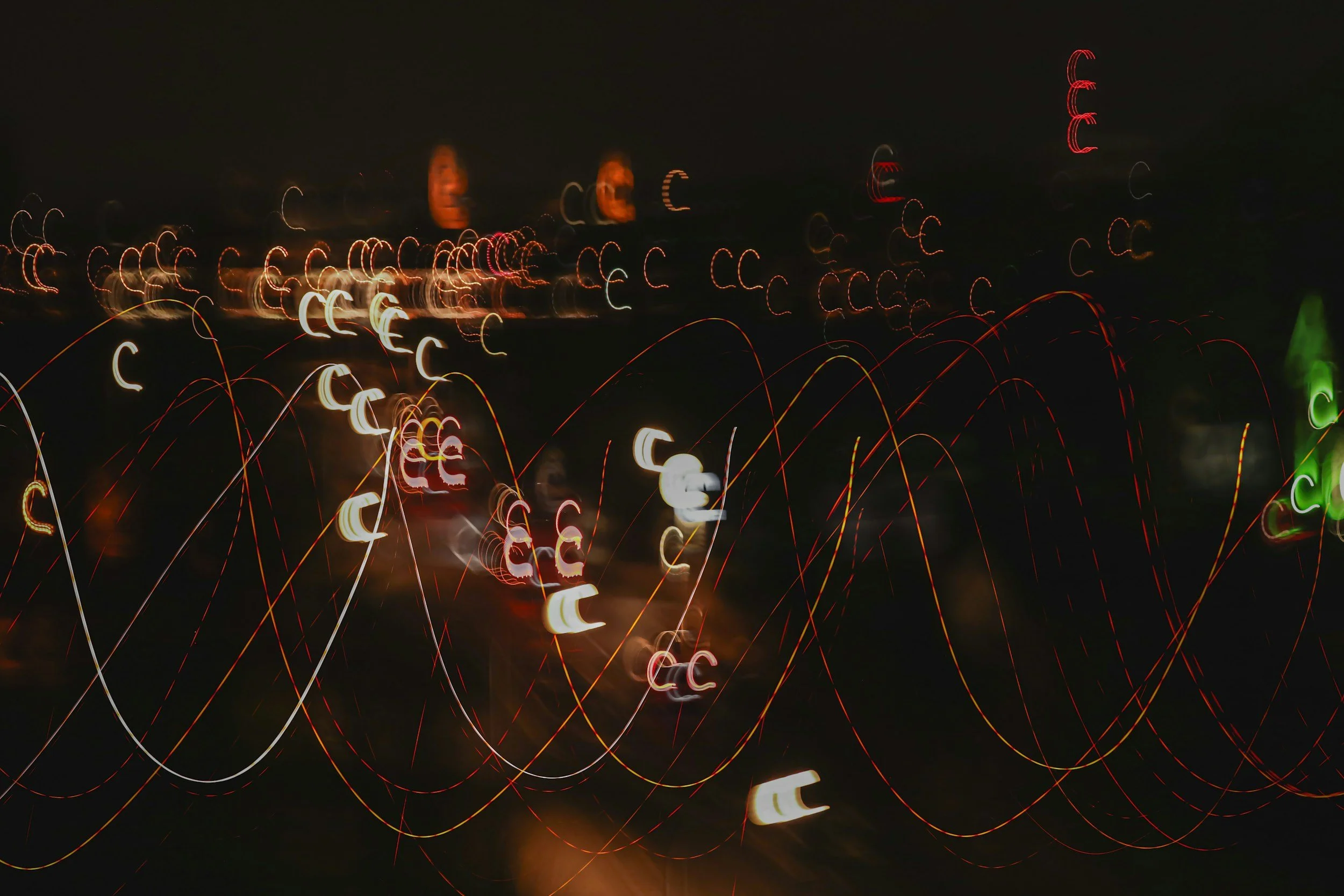From Clicks to Keys: The Metaverse as a New Frontier for Real Estate Sales and Customer Experience
In a sector built on permanence and place, the metaverse offers something paradoxical, a digital space that can deepen human connection to a destination before it even exists. This is a new layer of placemaking.
At Astral , we’re exploring how immersive digital environments can go beyond visualisation to support real-world transactions, customer retention, and long-term brand engagement. With expert insight from metaverse strategist Erid, we’re unpacking the future of deposits, digital placemaking, and tokenised loyalty.
1. From Virtual Tours to Real Transactions: Deposits in the Metaverse
Imagine a prospective buyer entering your digital marketing suite, guided by a concierge avatar, walking through a fully rendered branded residence in NEOM, London or AlUla. Rather than flipping through a PDF or static site plan, they’re experiencing the destination.
Now imagine they’re able to reserve a unit there and then – using a stablecoin backed by oil prices or other verified assets. This offers frictionless, borderless purchasing power, especially attractive to overseas buyers who may be hesitant to commit without visiting in person.
As more developers explore the use of blockchain-backed smart contracts, these digital experiences will become transactional, not just promotional.
2. Don’t Let Warm Leads Go Cold: Ongoing Engagement Pre-Handover
In the pre-completion window – often a long and uncertain time for buyers – developers risk losing momentum. Emails go unopened. Interest wanes.
The metaverse allows you to bridge that gap by making the destination feel present even before completion. You can host live Q&As with architects, let customers see progress in real-time through interactive site maps, or explore finishes in a virtual fit-out studio.
Buyers aren’t just informed – they’re emotionally engaged. That emotional buy-in is what converts interest into action.
3. Placemaking in the Metaverse: Our View
Too often, the metaverse is seen as a sales gimmick. But from a placemaking perspective, we see it as a foundation for pre-launch identity and post-launch legacy.
Great places are made before the first brick is laid – they’re imagined, shared, discussed, and felt. A well-designed virtual environment can act as a town square, a gallery, a co-creation tool, and a storytelling platform, all before the physical place comes to life.
At Astral, we’re beginning to integrate metaverse placemaking into our wider strategies – whether that’s digital-first consultations, immersive resident onboarding, or hybrid cultural events. We see the metaverse not as an escape from place, but as an extension of it.
It's especially valuable in emerging or pioneering locations – think remote giga-projects or desert eco-developments – where helping people feel the future is half the battle.
4. Loyalty Beyond Completion: The Virtual Members’ Club
Once a site completes, most marketing stops. But that’s when the real placemaking begins.
Metaverse platforms can become private digital environments for residents – combining concierge services, wellness booking tools, loyalty perks, and a digital gallery of upcoming events. You might even integrate AI-led personalisation, virtual pet-sitting, or local offers based on smart contracts.
The aim? To ensure your destination remains more than a place to live. It becomes a lifestyle, with digital threads that reinforce its brand identity and sense of belonging.
5. Tokenised Transactions and What's Coming Next
The metaverse promises a new generation of immersive experiences, and blockchain provides the infrastructure that makes complementary propositions possible.
Deloitte expects the value of tokenised real estate to reach about US $4 trn by 2035, up from under US $0.3 trn in 2024 Deloitte. Dubai already lets residents buy stakes in finished homes for as little as AED 2,000 through its new Prypco Mint platform, a pilot that officials say could represent seven per cent of the city’s market—roughly AED 60 bn—by 2033 Dubai Land Department.
Interest is spilling into virtual experiences: Saudi Arabia’s NEOM is building XVRS, a high‑fidelity digital twin that will let future residents explore neighbourhoods and services long before ground is broken while keeping ownership records on‑chain PR Newswire.
Technical hurdles such as onboarding, heavy graphics and limited interoperability further slow adoption. Progress will depend on making experiences browser‑friendly, allowing local‑currency payments by default, and adopting open standards so that assets travel between worlds.
Brands that focus on practical utility, clear governance and inclusive design are the most likely to benefit from this new era of experience. As with social media in the early 2000s, the metaverse will not stay a luxury; it will become a must-have for brands that want deeper connections with customers.
“It is safe to say we are at an inflection point. A test-and-learn strategy will pay off as the technology matures and the cost of building in the metaverse falls. Brands that invest now will gain a first-mover advantage and deepen customer loyalty as consumer behaviour shifts.” – Erid, Metaverse Strategist
Closing Thought: Start Building the Digital Layer Now
If you’re thinking “we’re not there yet” – think again. The tools are already here. Buyers are already engaging this way. And early adopters are already using digital environments to build momentum, brand loyalty, and trust.
The metaverse is not about replacing real places. It’s about enhancing them. For developers, investors, and placemakers, it’s time to build the digital layer alongside the physical one – and make every interaction count.
Want help developing your metaverse-ready placemaking strategy or integrating a digital concierge layer into your customer journey?
Let’s talk.
Contact Jade at Astral Placemaking Group →



